
Reanne Dridge from the United Kingdom says the experience in Beijing was "100 percent not like" what she expected. (Photo provided to China Daily)
Negative narratives
A report published in January this year, which examined British media coverage of China between 2020 and 2023, found that negative framing and tone dominated stories. The report was based on analysis of 1,000 articles published by The Telegraph, The Guardian, the BBC, the Financial Times and The Economist between 2020 and 2023.
Tim Summers, the author of the study and an associate professor at the Chinese University of Hong Kong, said this negative coverage will come as no surprise to many readers of the report. He added the phenomenon had been observed "for some time", and is reflected in other academic research on Western media representation of China.
An in-depth look at the articles suggested that politics was a strong theme throughout, and a political lens was often used to frame "less reported" social, economic, and cultural issues.
Political messaging was often infused into stories that were not related to politics, and problems occurring in the country were regularly attributed to its political system, even though these problems could have other causes, Summers said.
"What seems to be happening is that more negative issues are selected for greater coverage … rather than setting out to deliver a balanced and accurate picture of what China is like," he pointed out. Such biased framing of reports is not as commonly seen in reporting on countries that are considered friends or allies of the UK, he added.
Summers said based on his own experience of China, "there is much more to China than politics, and there are many positive developments to report alongside the criticism."
The "oversimplification" of stories about China leaves no room for discussing alternative perspectives in policy debates, and distorts perceptions of China and of its people, the report concluded.
















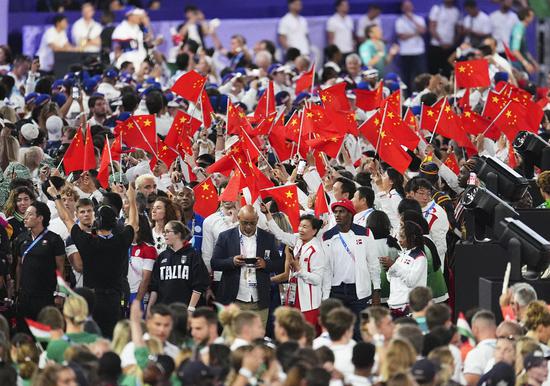






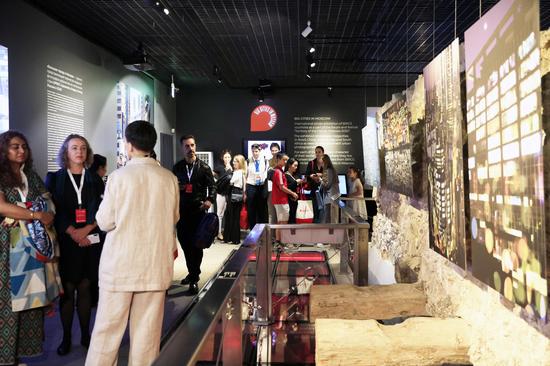
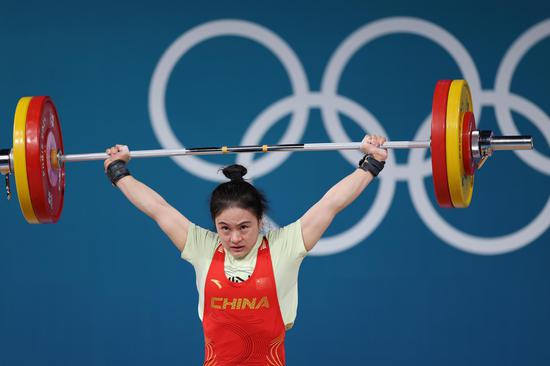




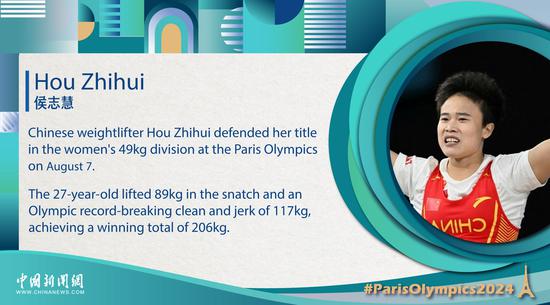


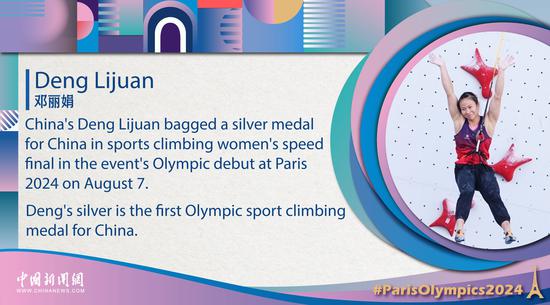
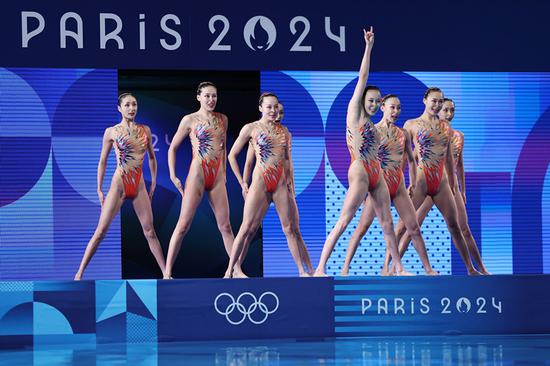
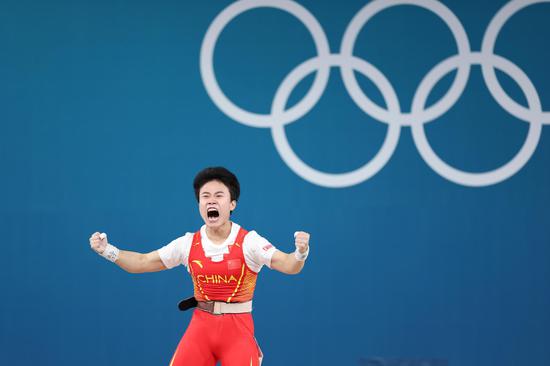




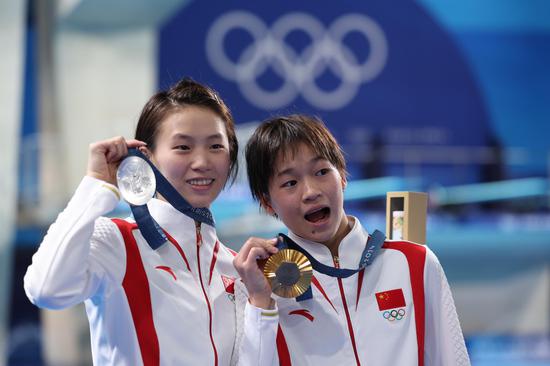


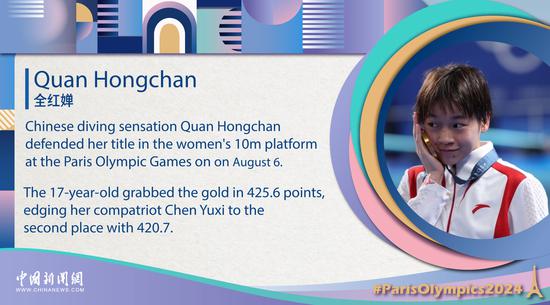



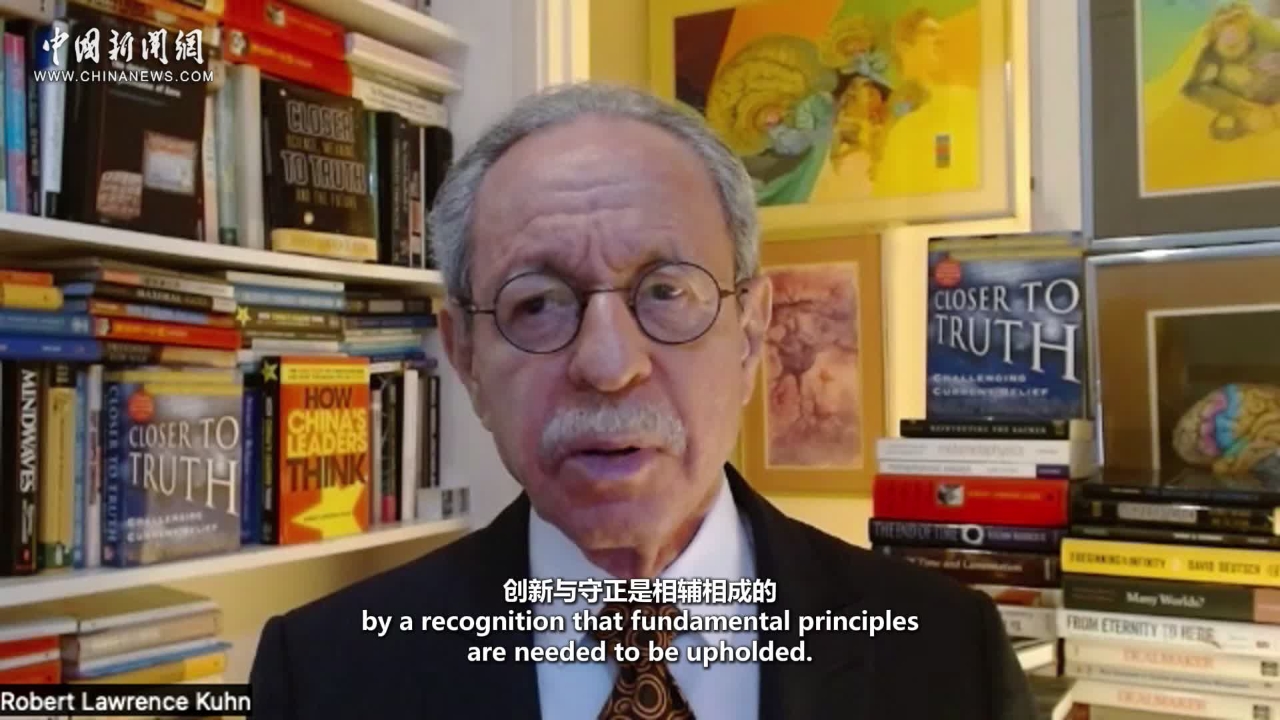

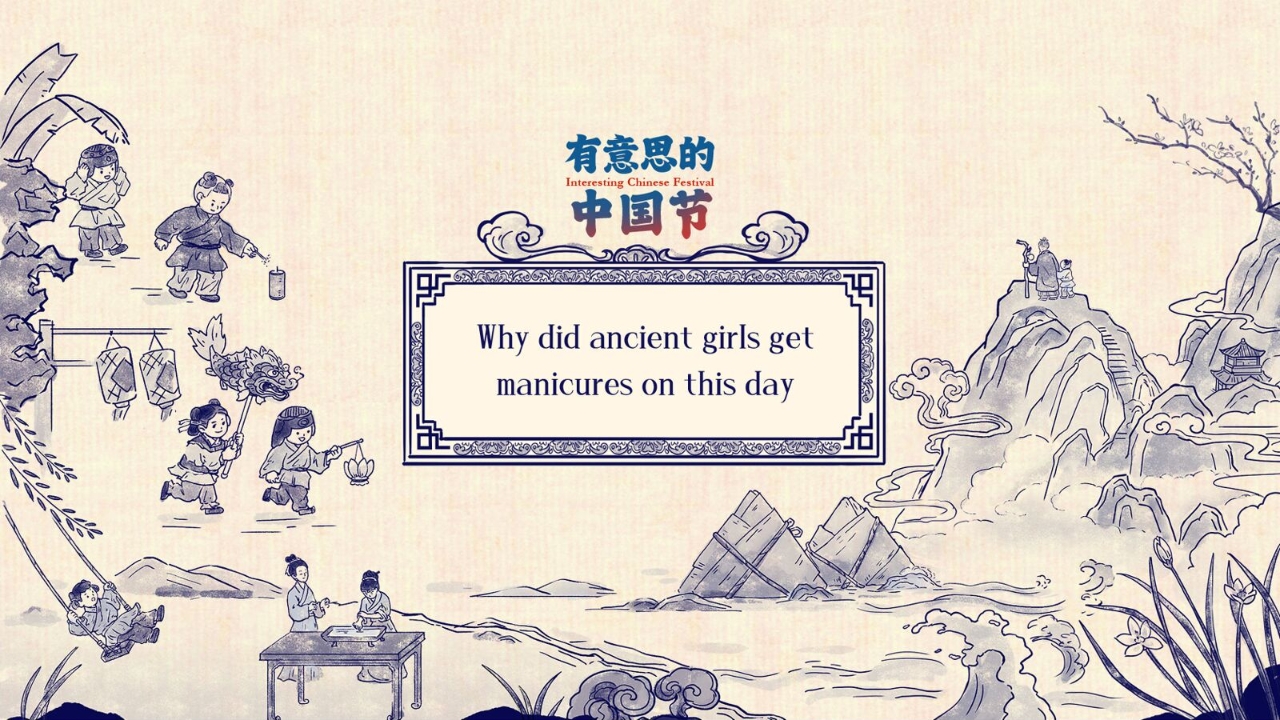

 京公网安备 11010202009201号
京公网安备 11010202009201号
